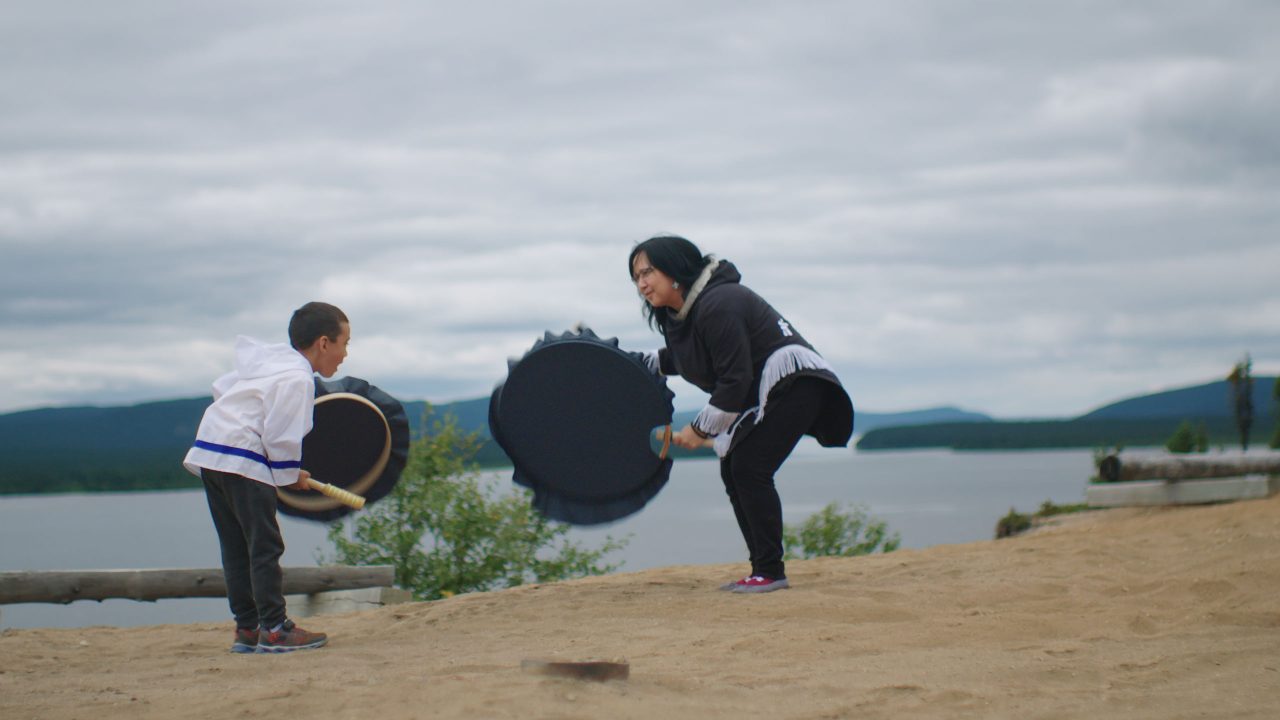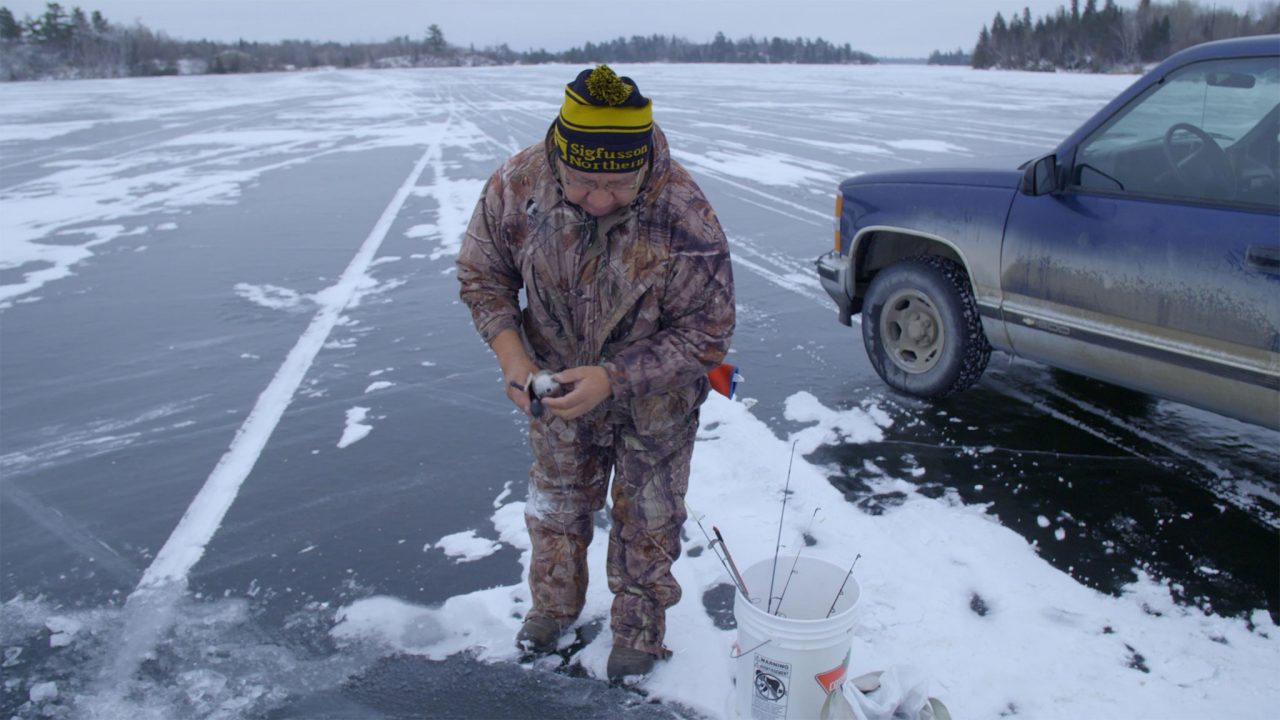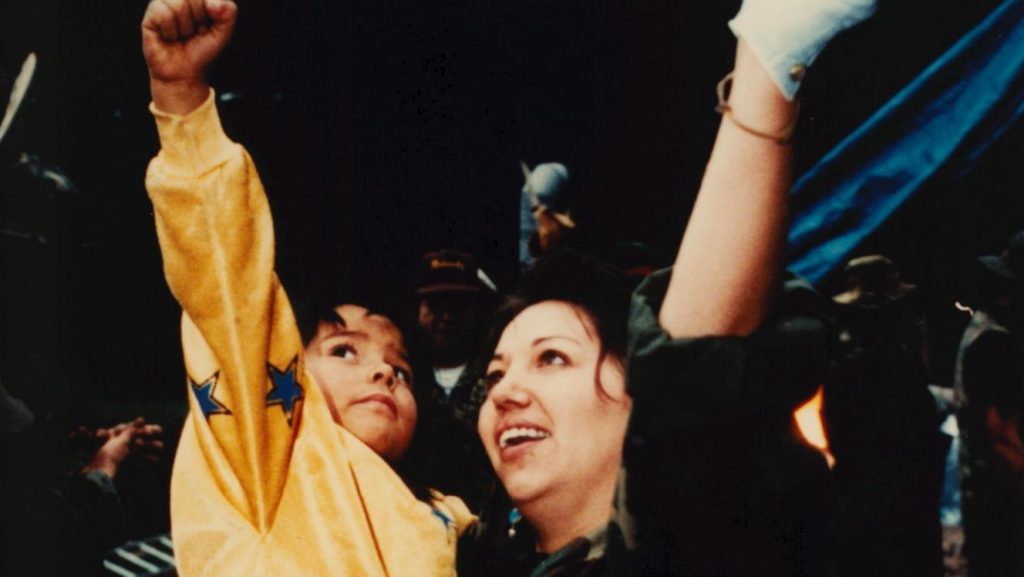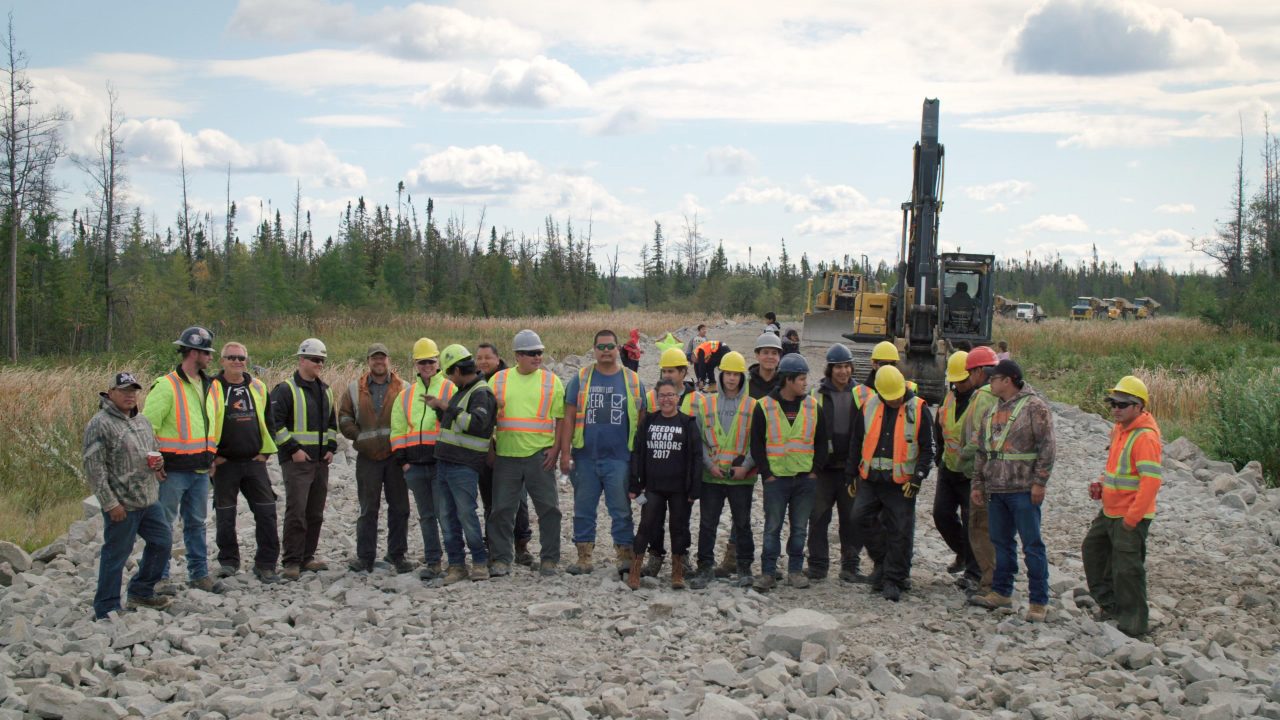
Freedom Road | The Power of Indigenous Activism and Community Involvement
Freedom Road | The Power of Indigenous Activism and Community Involvement
This blog post is part of a series of posts examining NFB productions that may be useful in helping viewers to rethink Canada’s relationship to First Nations peoples, who struggle to defend the rights they’ve won through the courts and/or treaties. These four NFB titles offer educators and students the opportunity to learn more about the impact of colonization on four First Nations communities, and to see their stories told by the Indigenous directors who filmed them. Each film focuses on an issue that is of prime concern to the First Nations.
The five-part Freedom Road (2019) documentary series reveals the key role of community engagement and activism within the First Nations.
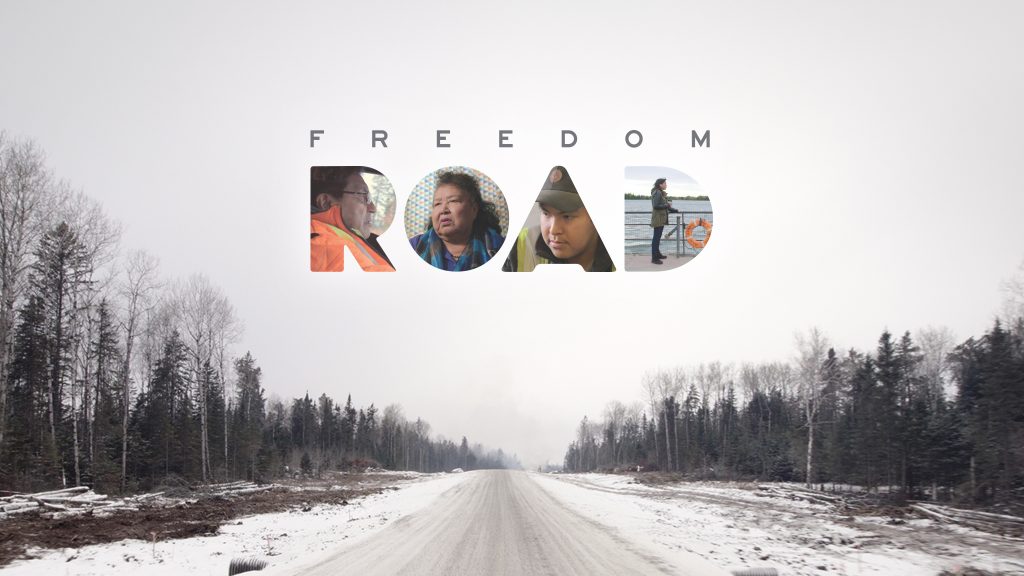
Inquiry Question: What do we learn about the specific needs of each of the four social groups in these short films (men, women, youth, and elders) and how they view their roles serving their community?
The following questions could be discussed before viewing:
- What is the role of the Indian Act in the history of Canada–First Nations relations?
- What do we know about the role of women in this community?
The Freedom Road series brings us another story about the impact of colonization, this time on the isolated Anishinabek community of Shoal Lake 40 reserve in Manitoba.
In 1914, the City of Winnipeg began taking steps to secure a safe water supply for its residents, and as a result of the aqueduct that was built to divert water from Shoal Lake 40, located in Treaty 3 territory, this First Nations community was transformed into an island.
Years of difficulty for the community followed. Without access to clean water and basic services, reserve members were cut off from the outside world. Community members’ lives were endangered in the winter, when freeze-up left them with only the option of crossing the ice to get food and supplies on the mainland.
The five short films in this series provide background context and the perspectives of various community members as they struggle to build “Freedom Road” in order to connect with the TransCanada highway and end their isolation. The road unites Shoal Lake 40 as they undertake its construction, and through the films, we learn what the road means for each group of community members: the men, the women, the youth, and the elders.
These four perspectives provide valuable insights into the challenges each group faced in isolation, as well as how they view their role in supporting the survival and health of the community.
Go Deeper:
- What is this community’s understanding of its responsibilities towards future generations?
- What is the “true history lesson” in colonial relations?
- What has been the response of the Canadian state to the land claims and survival needs of First Nations?
The theme of activism is also very much at the heart of the three other films examined in this series of posts:
Pour lire cet article en français, cliquez ici.
Carol Arnold is of Métis-Cree ancestry on her mother’s side and was raised in the Métis community of Lac Ste. Anne, also known as Manito-Sakahigan. She has been a teacher for over 30 years in both Alberta and British Columbia, specializing in social studies, BC First Peoples and English. Although she teaches full time, she is involved in Aboriginal education workshop development and delivery for teachers in BC through her in the BC Teachers’ Federation. She loves using NFB films to teach her courses and finds that the NFB’s catalogue of Indigenous films contains excellent historical footage, in addition to documenting current events in Canada and the world.
Discover more Educational blog posts | Watch educational films on NFB Education | Subscribe to the NFB Education Newsletter | Follow NFB Education on Facebook | Follow NFB Education on Twitter | Follow NFB Education on Pinterest

